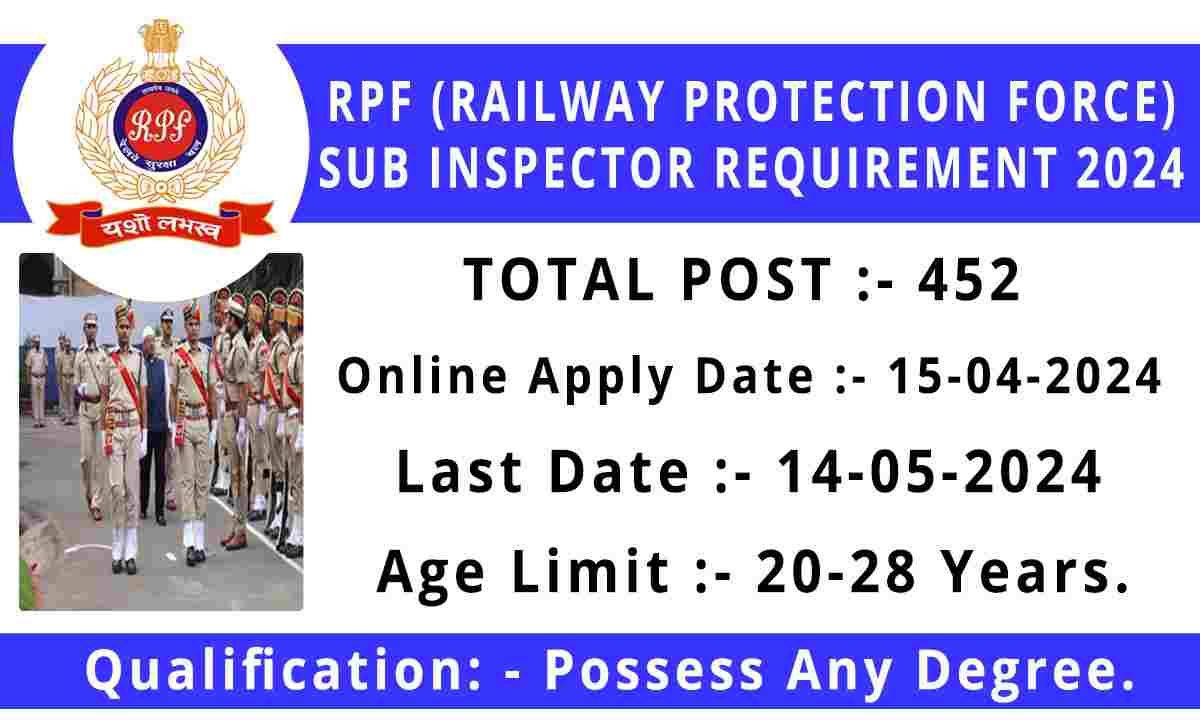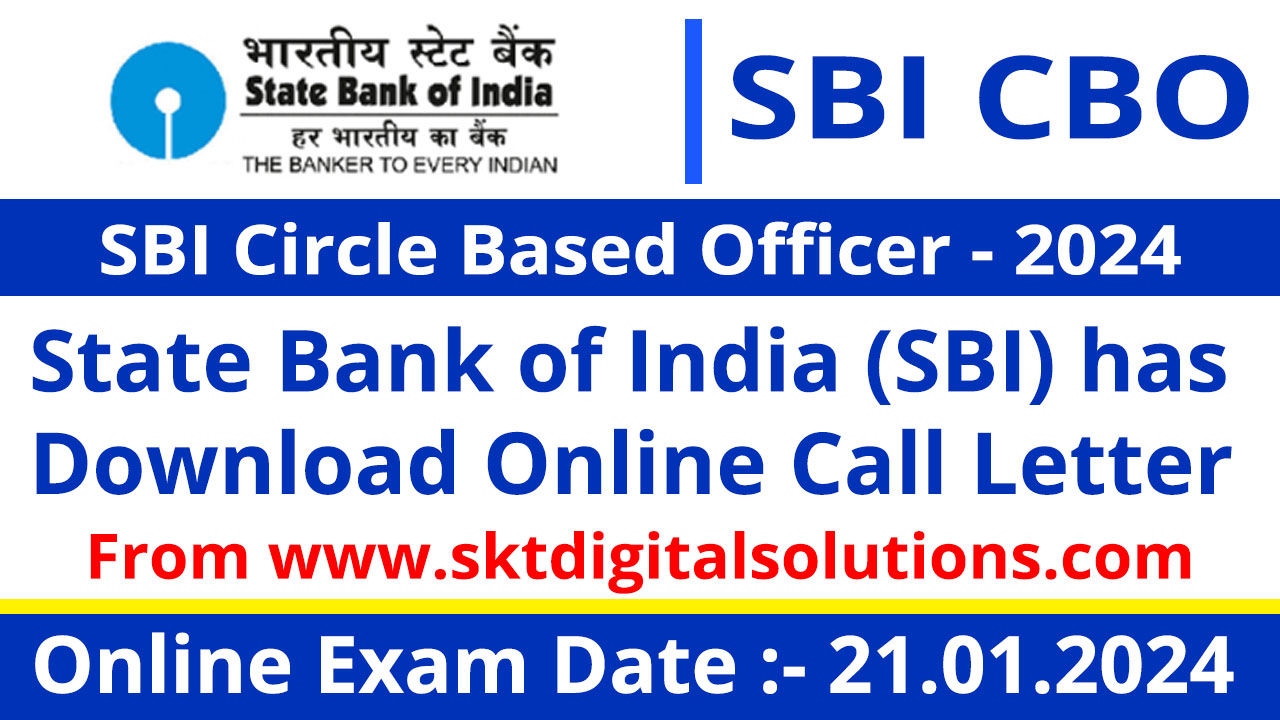What is On Page Search Engine Optimization ?
On-page SEO is the practice of optimizing your website's content and structure to improve your ranking in search engine results pages (SERPs). There are a number of benefits to on-page SEO, including:
what are the most important elements of seo
1. Increased web traffic.
2. Improved visibility in SERPs.
3. Increased ROI from your SEO efforts.
4. Improved user experience.
5. Increased brand awareness.
what is on page seo techniques
On-page SEO is the practice of optimizing individual web pages in order to rank higher and earn more organic traffic in search engines. It involves optimizing key elements of a page, such as the title, heading, meta description, images, and content, in order to make it as search engine friendly as possible.
Why is on-page SEO important?
On-page SEO is important because it helps you rank higher in search engines, which means you earn more organic traffic. Higher rankings in search engines means more exposure and visibility for your website, which can result in more leads and sales.
How can you optimize your website for on-page SEO?
There are a number of ways you can optimize your website for on-page SEO. Here are some of the most important on-page SEO factors:
1. The title tag – The title tag is one of the most important on-page SEO factors. It is the text that appears in the tab of your web browser when you open a website. The title tag should be keyword-rich and reflect the topic of the page.
2. The meta description – The meta description is the text that appears under the title tag in search engine results pages. The meta description should be keyword-rich and describe the content of the page.
3. The header tags – The header tags are the headings that appear in the body of a web page. The header tags should be used to describe the content of the page, and should be keyword-rich.
4. The images – The images on your website should be properly optimized with keywords and alt text.
5. The content – The content of your website should be well written and keyword-rich.
Certainly! Here's a FAQ for "What is On-Page Search Engine Optimization (SEO)?":
Q1: What is On-Page SEO?
On-Page SEO refers to the practice of optimizing individual web pages to improve their visibility in search engine results and attract more organic (non-paid) traffic. It includes enhancing different components on a website page to make it more web crawler cordial.
Q2: What elements are typically optimized in On-Page SEO?
The key elements include optimizing page titles, meta descriptions, headings (H1, H2, etc.), URL structures, content quality, keyword usage, image optimization, internal linking, and user experience factors such as mobile-friendliness and page load speed.
Q3: Why is On-Page SEO important?
On-Page SEO is crucial because it helps search engines understand your content better and rank it higher in search results. It also improves user experience, making your website more user-friendly and engaging.
Q4: How do I optimize my page titles and meta descriptions for On-Page SEO?
To optimize page titles, use relevant keywords near the beginning and keep them concise (under 70 characters). Meta descriptions should be compelling, relevant, and under 160 characters. Both should accurately reflect the content of the page.
Q5: What is keyword optimization in On-Page SEO?
Keyword optimization involves strategically using relevant keywords throughout your content, including in headings, paragraphs, and image alt text. It helps search engines understand the topic of your page and match it with user queries.
Q6: Are there any best practices for content quality in On-Page SEO?
Yes, create high-quality, original content that addresses the needs of your target audience. Make sure it's informative, well-structured, and engaging. Use headings and subheadings to separate substance and make it more straightforward to peruse.
Q7: How can I optimize images for On-Page SEO?
Optimize images by reducing their file size without compromising quality, using descriptive file names, and adding alt text that describes the image. This assists web indexes with figuring out the substance of your pictures.
Q8: Is mobile-friendliness important for On-Page SEO?
Yes, mobile-friendliness is crucial. Guarantee your site is responsive and gives a decent client experience on cell phones.. Search engines prioritize mobile-friendly sites in their rankings.
Q9: How can I measure the success of my On-Page SEO efforts?
You can measure success through various metrics, including organic search traffic, keyword rankings, click-through rates (CTR), and user engagement metrics like bounce rate and time on page. Tools like Google Analytics and Search Console can help.
Q10: Is On-Page SEO a one-time task, or should it be ongoing?
On-Page SEO is an ongoing process. Search engine algorithms evolve, and your content may need updates. Regularly audit and optimize your pages to stay competitive in search rankings.
Recall that On-Page Web optimization is only one piece of a far reaching Website optimization system. It works in conjunction with Off-Page SEO (such as link building) to improve your website's overall search engine visibility.






Leave a Reply